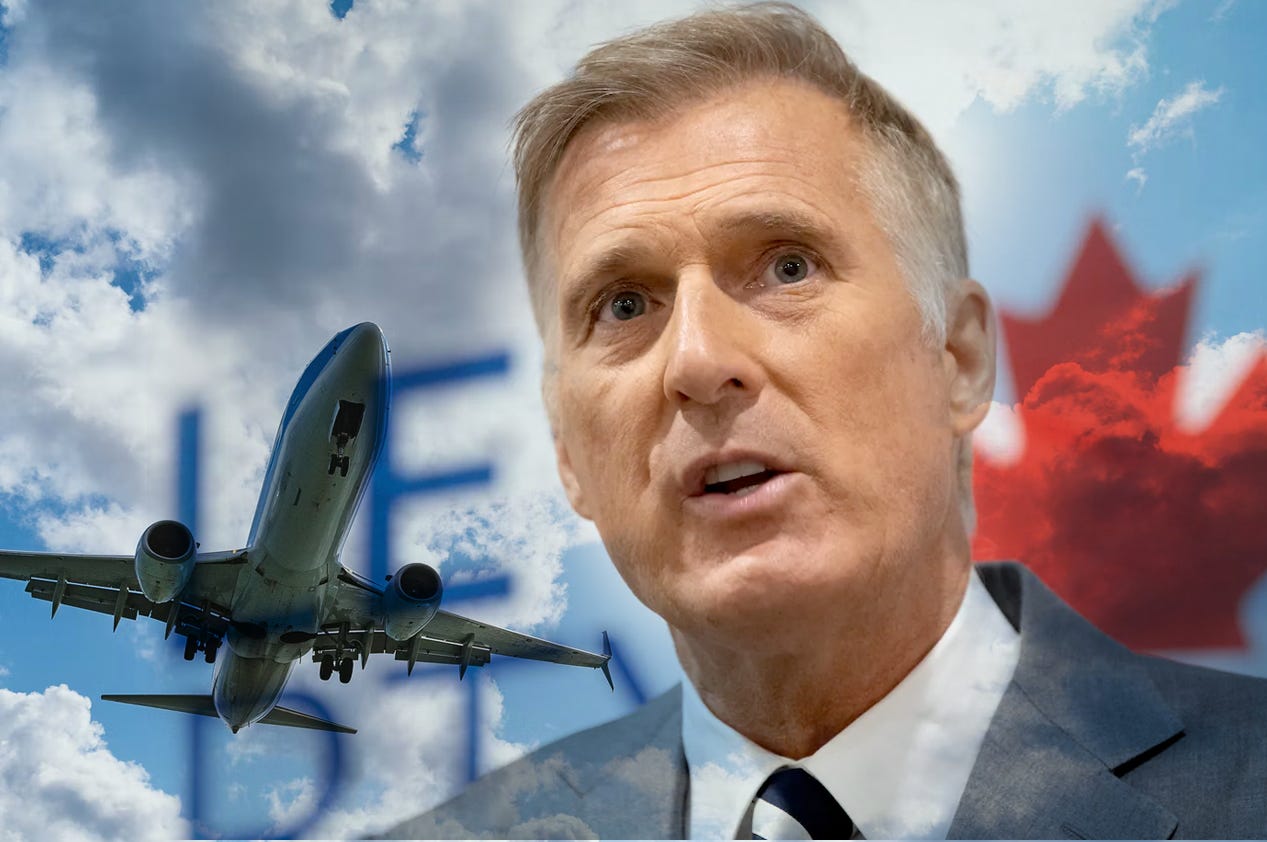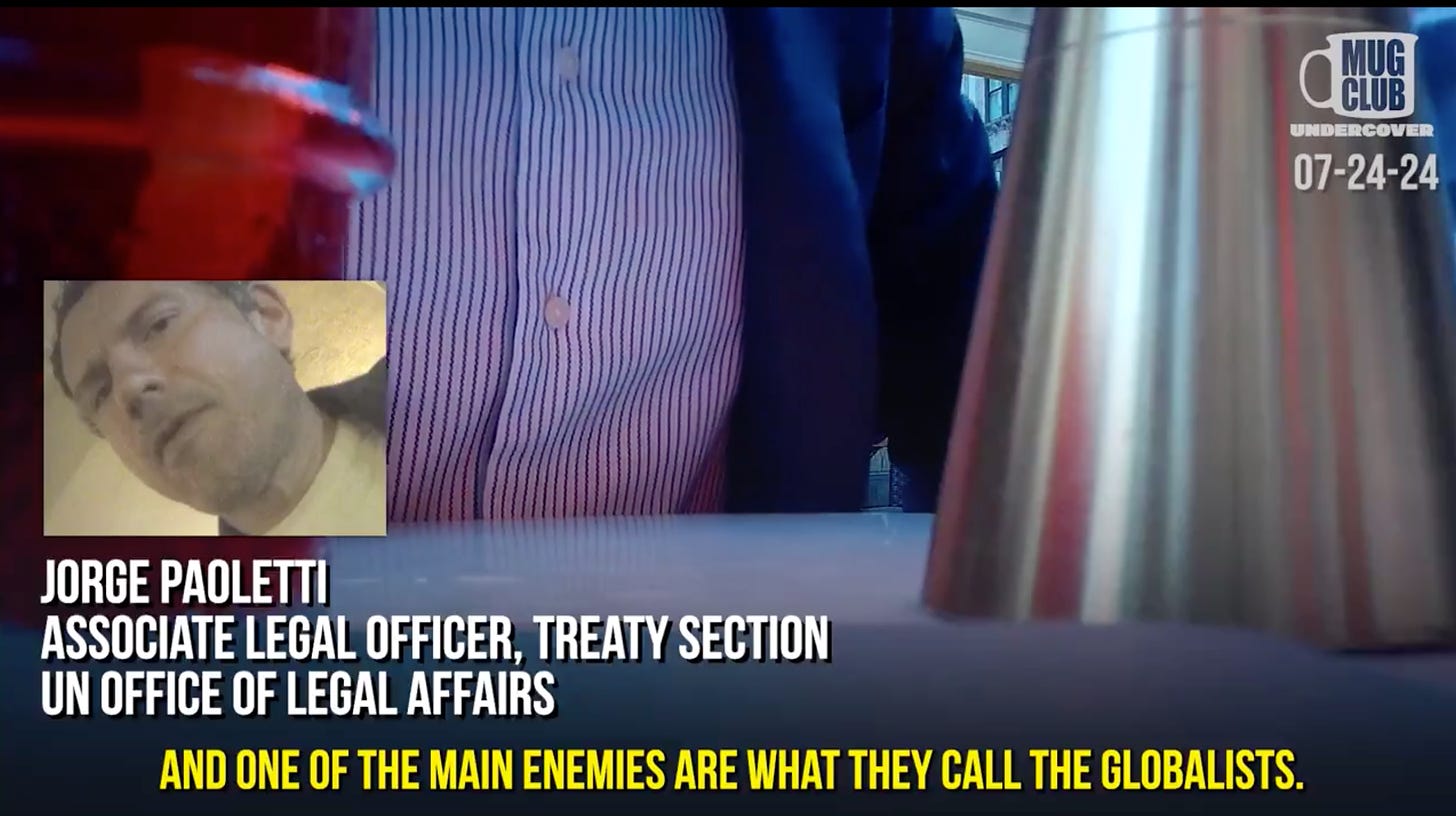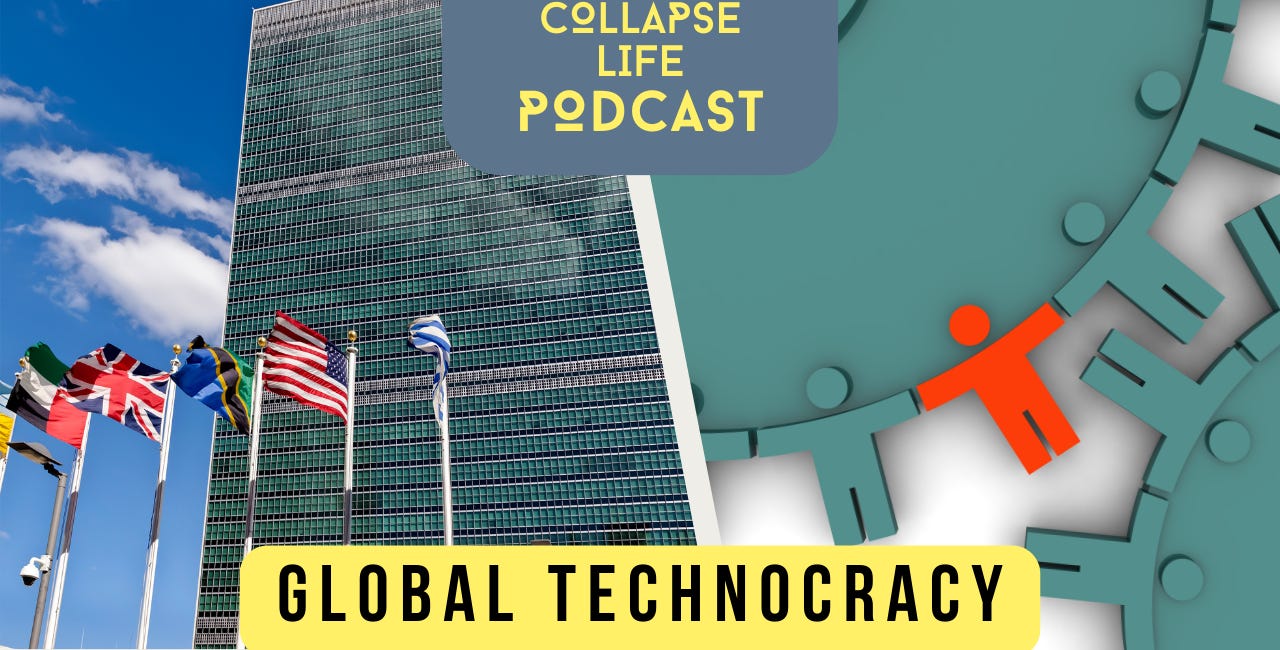Notes from the edge of civilization: September 1, 2024
Could DEI be dying?; 'Papers please!' precedent set in Canada; classic undercover honeypot techniques pay dividends; plus, the grim technocratic future that awaits us unless we wake up.
Ford and Lowe’s are among the latest companies to reverse, revise, or outright cancel their DEI programs following the Supreme Court’s ban on affirmative action in college admissions.
In an email to employees last week, Ford’s CEO Jim Farley said the company has changed some policies recently, including making employee resource groups open to all employees and ending participation in external culture surveys by the Human Rights Campaign, an LGBTQ+ advocacy group.
Lowe’s, the do-it-yourself giant, also announced in an internal memo last week that it would no longer participate in the annual survey, which measures workplace inclusion for LGBTQ+ employees. The company said it would also stop sponsoring and participating in events, such as festivals and parades, that are outside of its business areas.
Under pressure from conservative commentators like Robby Starbuck, major players like CNN, Google, and Microsoft have been dialing down the diversity rhetoric, joining companies like Tractor Supply, Harley-Davidson, John Deere, Door Dash, and even Zoom in the walk-back.
Basically, inclusivity is cool until it impacts the bottom line. Bud Light reportedly lost $1 billion after it teamed up with trans influencer Dylan Mulvaney. So, keep an eye on those corporate virtue signals — they might be flickering.
Someone should tell the judicial system in Canada the Olympics are over and, despite their showcase of legal acrobatics, they didn’t make the team.
Last week, Canada’s Supreme Court dismissed an appeal challenging the government’s travel ban on unvaccinated people, which was in place between November 2021 and June 2022. A lower court previously ruled that the case was “moot,” since the federal government had since suspended the ban.
As Max Bernier — head of the People’s Party of Canada and one of the plaintiffs in the case — explains, this is a moronic argument akin to saying: “Madam, your husband used to beat you, but it appears he has stopped for now. So your complaint is moot. There’s nothing we can do.”
Apparently, once the government stops smacking you around, you’ve got nothing to complain about. Classic gaslighting.
It’s becoming glaringly clear that the court system is less about protecting freedoms than it is about pandering to the agenda du jour. So, what’s the solution? Max says it’s to “protest, inform and educate, change the climate of opinion, and spread awareness about the importance of protecting our rights and freedoms.”
In a new undercover video, a United Nations employee spills the beans on how the UN views its future should Donald Trump snag another term. Spoiler: They’re terrified.
Self-described “globalist” Jorge Paoletti, who works in the UN’s Office of Legal Affairs, is caught on camera telling a Mug Club undercover reporter, “I’m not sure the United Nations is going to survive a second term from Donald Trump.”
Turns out, the quest for global hegemony doesn’t play well with those who believe in national sovereignty and the rights of individuals, and the UN is quaking in its boots at the prospect of being upended by round two of the Trump show.
“One of the objectives of the UN is to create an identity of a global citizen,” Paoletti explains, “someone who shares an identity, a political identity, with everybody on this planet. [This idea] is a threat to the absolute power of the United States because [Americans] don’t want an institution over the US telling the US what to do.”
“For example, say that the United Nations creates an environmental agency. And that environmental agency says that countries can only reach a certain level of pollution. How do you think all these crazy MAGA people are going to react to that? [Trump will say,] ‘Who are you globalists to tell me, the United States, what I can do?’”
To hear more about what that globalist, technocratic future might look like — and how close we are to living in that reality already — you won’t want to miss the latest Collapse Life podcast with journalist Derrick Broze. Click below to read the article and watch the video.
Undercover journalism had a good week, with not just the Mug Club UN story but also a revealing Project Veritas video in which a government lawyer from the Department of Justice openly admits the FDA majorly overstepped its authority in its war on ivermectin.
Remember those “you’re not a horse, you’re not a cow” tweets? The FDA thought it could swat down ivermectin with a few condescending lines and a hefty dose of public shaming. Turns out, Isaac Belfer, a lawyer with the FDA, now admits the PR blitz was not just immature but way beyond the FDA’s authority. The agency's job is to provide information, not to tell people what meds they should or shouldn’t take — that’s what doctors are for, apparently.
“They really shouldn’t be saying, ‘Don’t take this drug,’” Belfer admits. “They’ll often use something like tweets as a vehicle to pursue a broader agenda.”
Despite the FDA’s efforts to paint ivermectin as nothing more than “horse medicine,” a group of defiant doctors sued and settled, forcing the FDA to pull down the offending tweets. But the damage was done; the FDA's ham-fisted approach didn’t just alienate the public — it showcased the agency’s willingness to push a broader agenda at any cost, even if it meant overstepping legal boundaries.
The next time the FDA tries to play doctor, we need to remember: that organization is not your physician, and they’ve got no business telling you what to swallow. Maybe they should stick to what they’re statutorily allowed to do and keep their amateur public health campaigns off social media.






